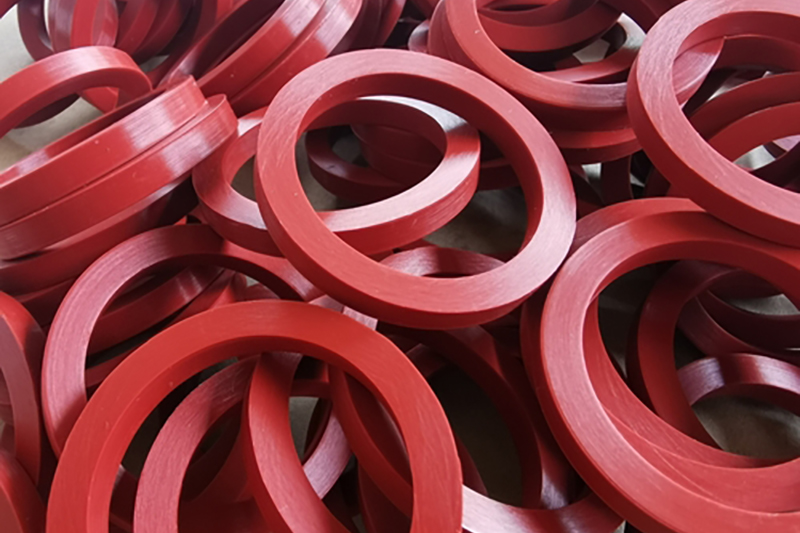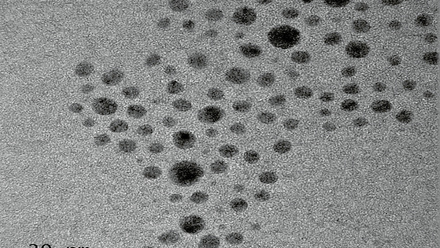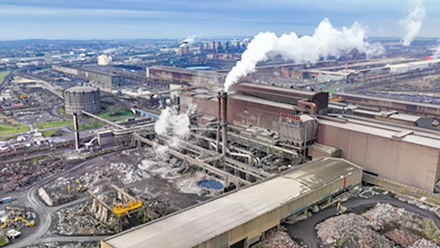Low-energy chemical recycling of silicone waste
Common silicone waste has reportedly been converted into useful chlorosilanes with high efficiency and yield.

Gasket rings from silicone material
© MOONG H / ShutterstockA group from the University of Lyon, France, report using a low-energy chemical recycling method using boron and gallium.
Silicone polymers are found in countless everyday products, ranging from medical devices to car parts, and are prized for their durability, heat and chemical resistance, and low toxicity.
The group says millions of tonnes of silicone is produced globally every year, which is highly-energy intensive - as more than 70% of their carbon footprint stems from the extraction and subsequent chemical processing of component materials.
The scientists say that improving silicone recycling is therefore critical to conserve valuable raw materials, but also to significantly reduce energy and environmental waste.
While recycling carbon-based polymers has advanced, silicone polymers remain a challenge due to their complex chemical makeup and robust properties.
This approach uses a gallium catalyst and boron tichloride reagent to depolymerise silicone at a mild 40ºC, with ~97% yields of high-purity chlorinated silane monomers - key building blocks in silicone manufacturing.
The team says the method is scalable and enables re-synthesis of fresh silicones from waste.







